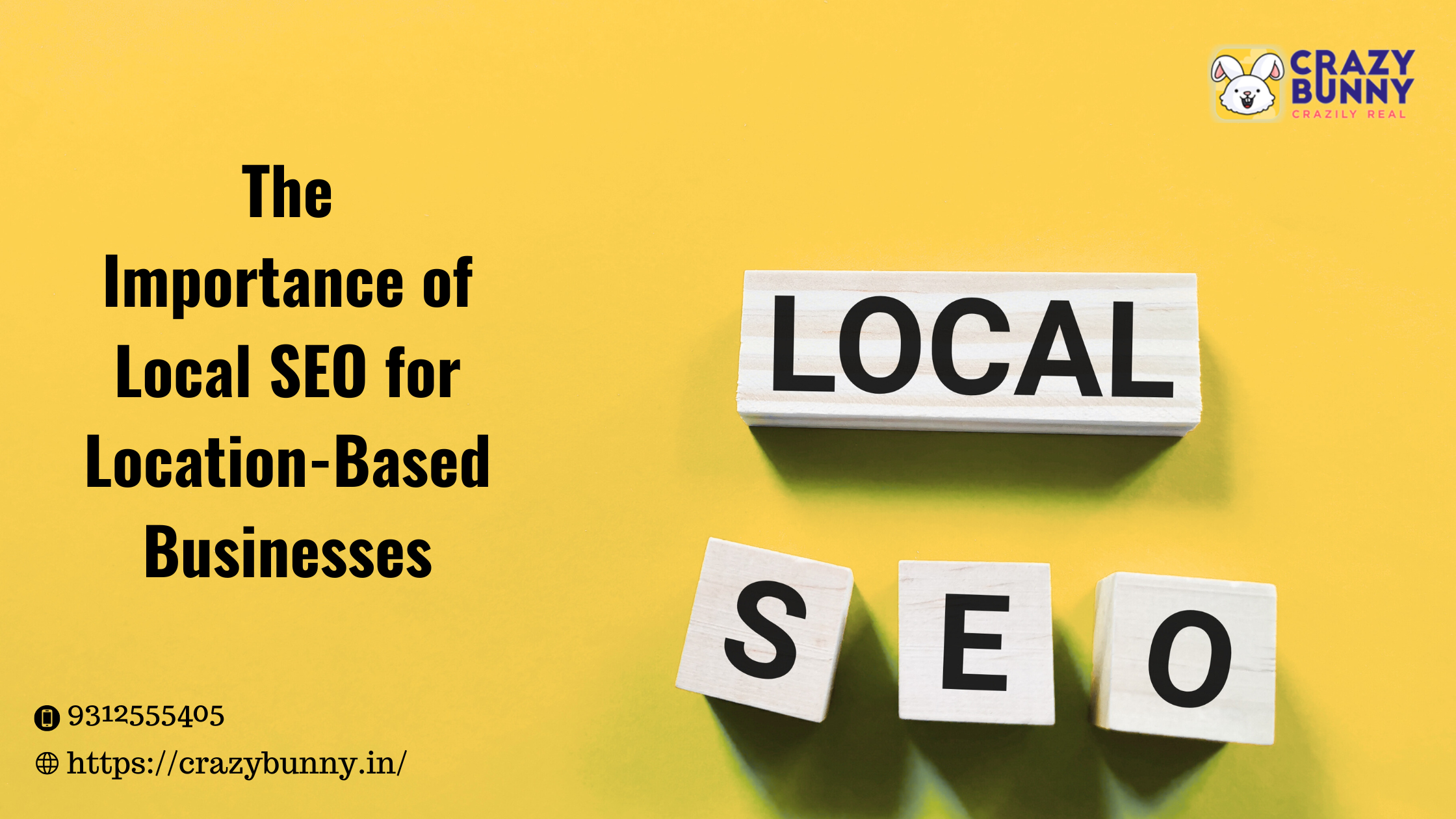In today’s digital-first world, where online visibility often determines business success, Crazy Bunny emphasizes that local SEO has become the lifeline for location-based businesses. Whether you’re running a restaurant, retail store, dental clinic, or real estate agency, the key to growth lies in showing up exactly when local consumers are searching for your services. But what is local SEO, and why is it so critical for businesses rooted in a physical location? Crazy Bunny breaks it down.
This blog post dives deep into the value, strategy, and execution of local SEO to help your business thrive in today’s hyper-competitive local landscape.
What is Local SEO?

Local SEO is a subset of search engine optimization focused on optimizing a business’s online presence to attract more business from relevant local searches. These searches include keywords such as “near me,” “open now,” or specific city and neighborhood names. Unlike traditional SEO, which targets a broader or global audience, Local SEO helps businesses appear in local search results on Google and other search engines, especially through map listings and localized content.
For example, when someone searches for “best pizza near me” or “bookstore in Brooklyn,” local search algorithms prioritize showing relevant businesses that are geographically close to the searcher. This is possible through a combination of business listings, reviews, citations, localized website content, and proximity data.
Why Local SEO Matters for Location-Based Businesses
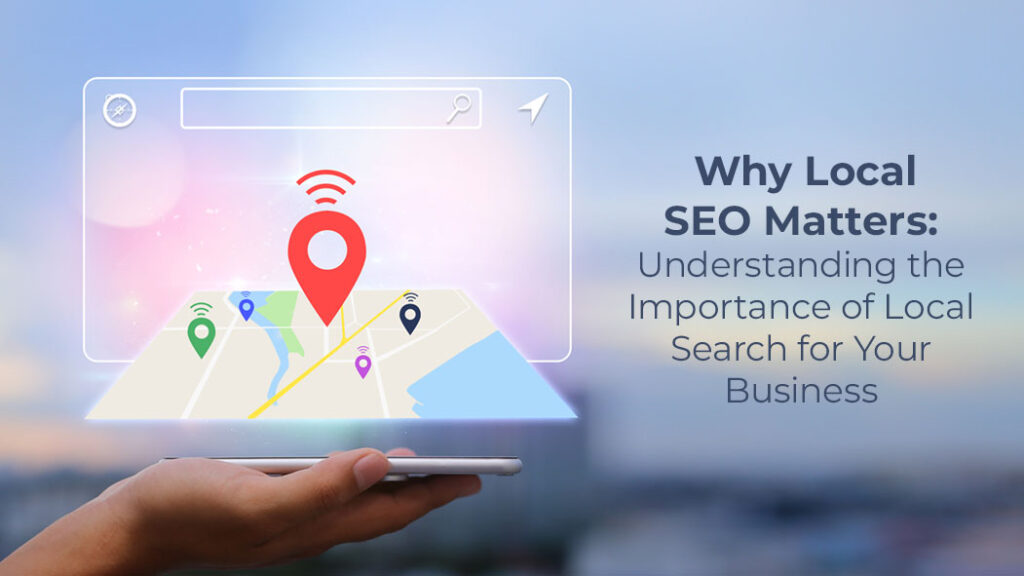
1. People Are Searching Locally More Than Ever

Search engines, especially Google, have integrated geolocation and mobile responsiveness into their algorithms. A significant percentage of all Google searches are now locally oriented. According to Google, nearly 46% of all searches have local intent, and 78% of local mobile searches result in offline purchases. This means that local SEO isn’t just about online visibility—it directly translates to foot traffic and sales.
2. Mobile Usage Has Skyrocketed

With smartphones dominating how people access the web, users frequently search for nearby businesses on the go. For instance, someone looking for a dentist while driving through a neighborhood will likely search “dentist near me.” If your business is not optimized for local SEO, you miss out on this high-intent audience who are actively seeking your products or services in real time.
3. Local SEO Drives Qualified Traffic

Unlike traditional advertising methods that cast a wide net, local SEO targets customers who are already interested and ready to act. This makes it more efficient and cost-effective. When your business shows up in local search results, you’re not just getting more visibility; you’re reaching customers who are more likely to convert.
4. Builds Trust and Credibility

Local SEO also emphasizes online reviews and Google Business Profiles, two powerful elements in building consumer trust. When users see a business with a high rating and consistent positive feedback, they are more inclined to visit or contact it. Furthermore, appearing in the coveted Google Local Pack (the top three local listings shown under a map) significantly boosts perceived credibility and authority.
Core Components of Local SEO

Understanding the key elements of local SEO is vital for effectively implementing a strategy. Here are the most important components:
1. Google Business Profile (GBP)
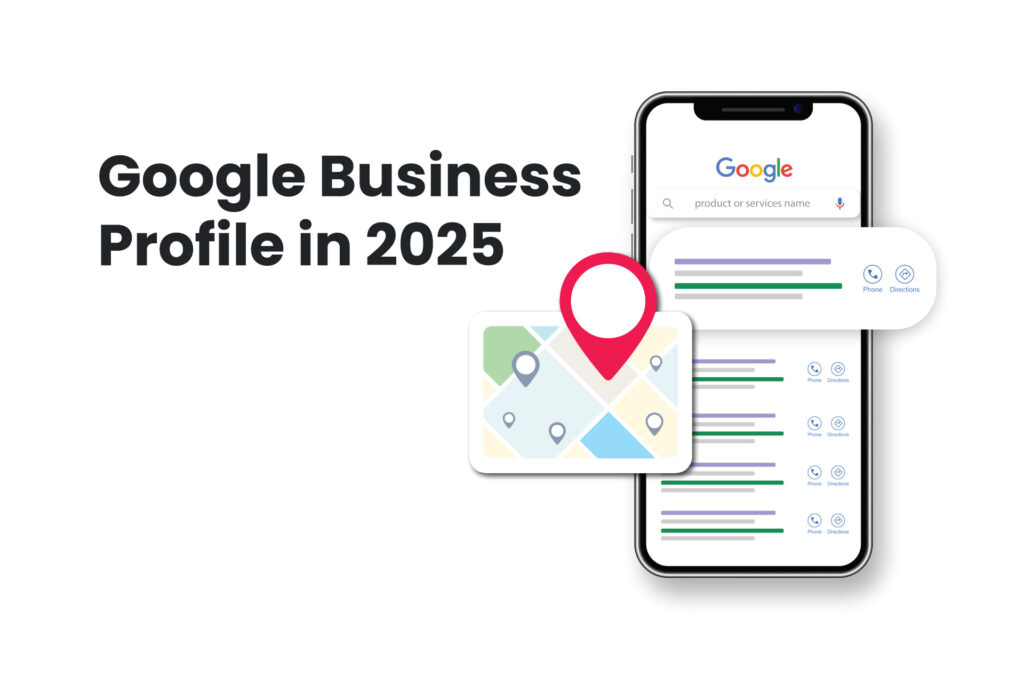
Formerly known as Google My Business, your Google Business Profile is the most critical component of local SEO. It allows you to list vital business details, including:
-
Name, address, and phone number (NAP)
-
Business hours
-
Categories and services
-
Photos and updates
-
Customer reviews
An optimized GBP increases the chances of appearing in local packs and map results, thereby improving visibility.
2. NAP Consistency
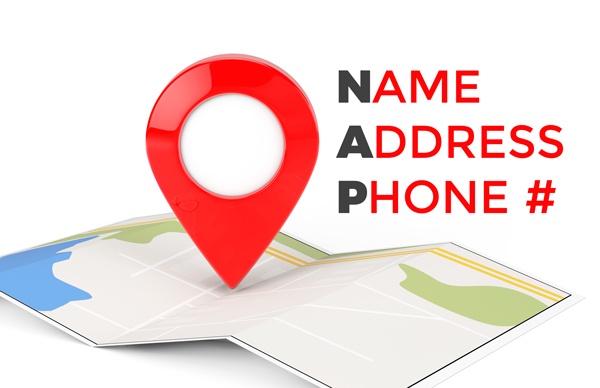
The Name, Address, and Phone number of your business should be consistent across all online platforms—your website, social media, business directories, and review sites. Inconsistent NAP information can confuse both search engines and customers, leading to lower rankings.
3. Local Citations
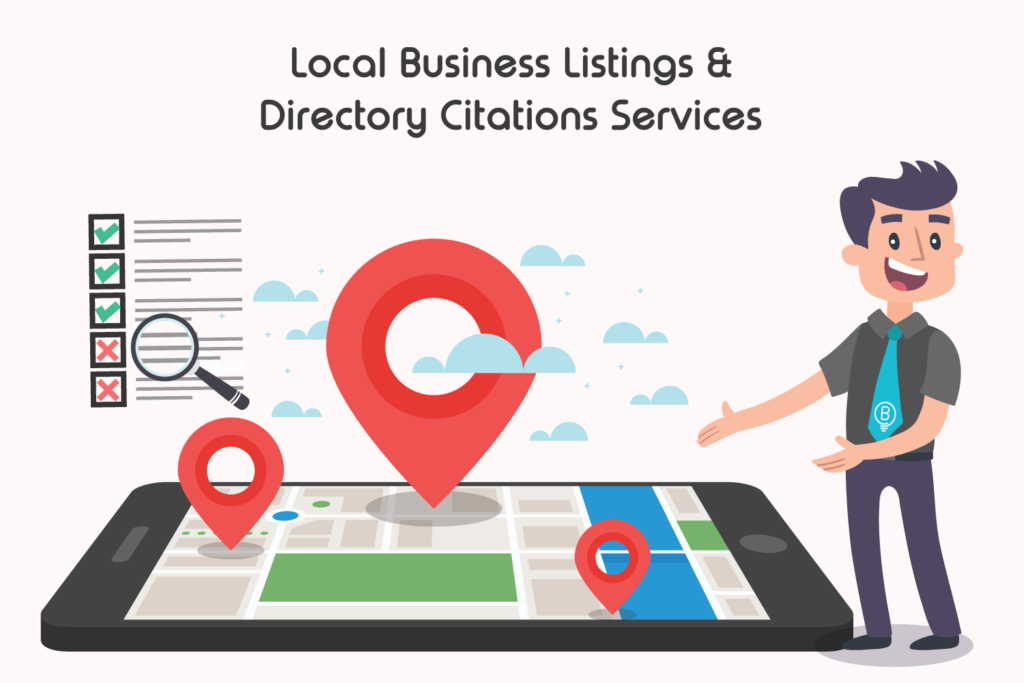
These are mentions of your business on other websites, such as local business directories (e.g., Yelp, Yellow Pages, Foursquare). Citations help search engines verify the legitimacy and location of your business.
4. Online Reviews and Ratings

Search engines consider reviews as indicators of trust and quality. A business with many positive reviews is more likely to be shown in top search results. Encouraging satisfied customers to leave reviews and responding professionally to negative ones can significantly enhance your local reputation.
5. Local Keywords and Content
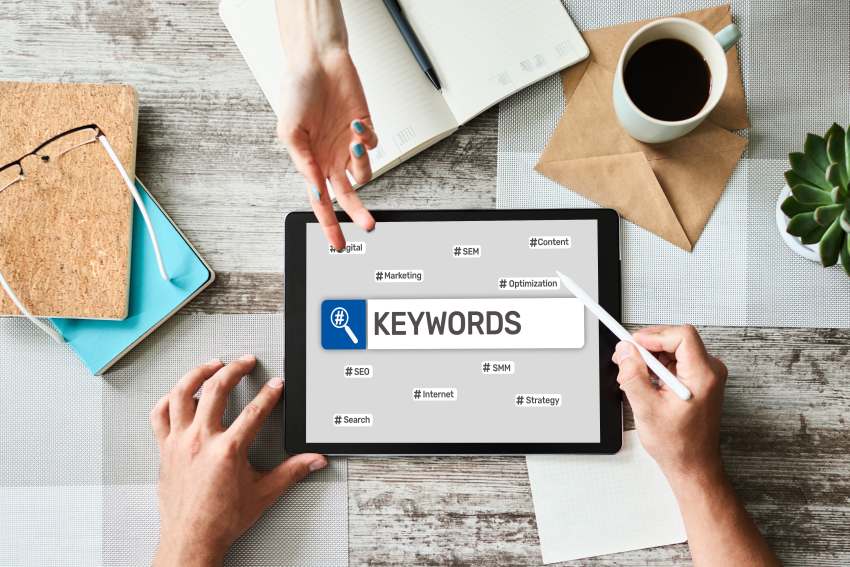
Your website should include keywords that incorporate your city, neighborhood, or region. Create location-specific landing pages and blog posts to target hyper-local audiences. For instance, a landscaping business in Austin, Texas, might target keywords like “Austin landscaping services” or “best lawn care in Travis County.”
6. Mobile Optimization

A mobile-friendly website is essential for local SEO. Google’s mobile-first indexing means your site’s mobile version is the one that gets ranked. Responsive design, fast loading speed, and intuitive navigation enhance the user experience and reduce bounce rates.
7. Backlinks from Local Websites
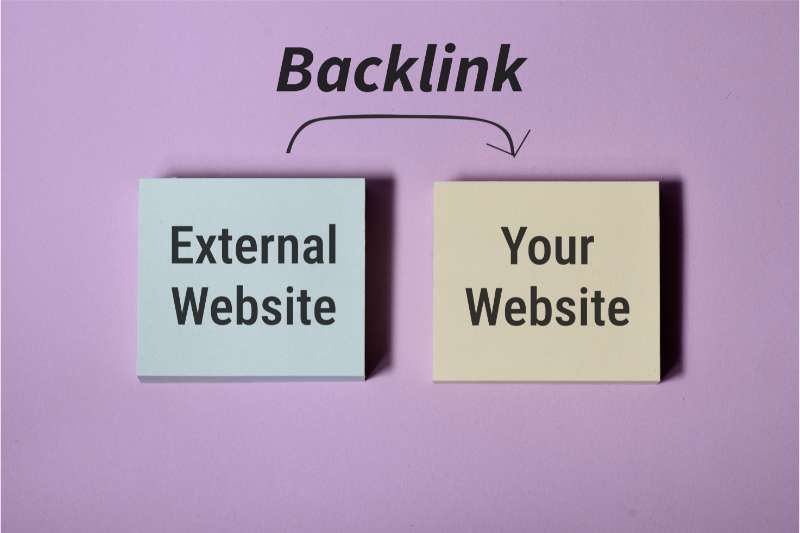
Inbound links from other local businesses, media outlets, and blogs signal to search engines that your site is trustworthy and relevant in the community. Participate in local events, sponsor community initiatives, or write guest posts for local publications to earn high-quality local backlinks.
Benefits of Local SEO for Businesses
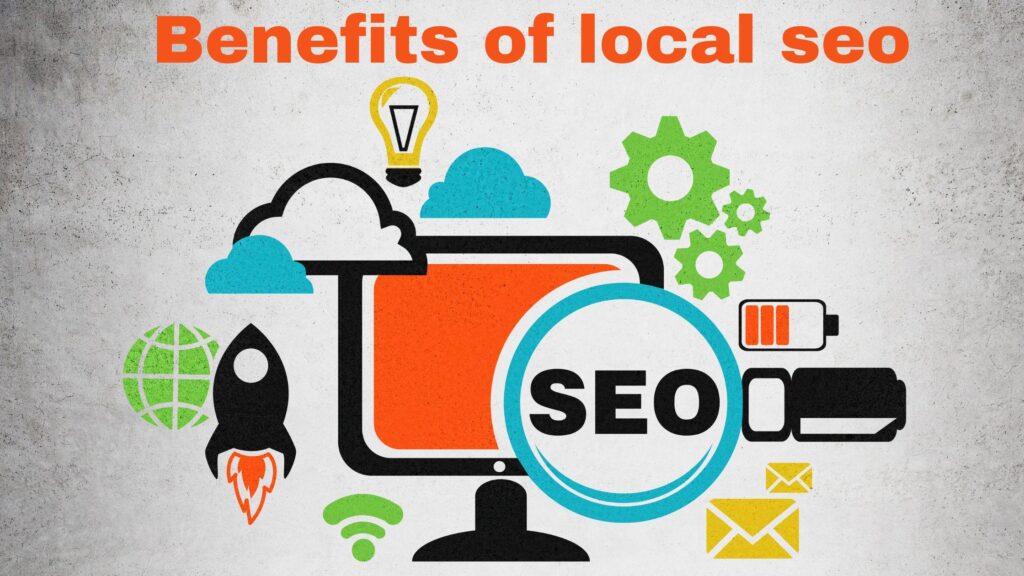
1. Increased Visibility
Local SEO ensures that your business appears in front of people actively looking for products or services in your area. This visibility leads to more website traffic, more phone calls, and more in-store visits.
2. Higher Conversion Rates
Because local searchers often have immediate needs, they are more likely to convert. Whether it’s making a purchase, booking an appointment, or requesting a quote, local SEO leads to higher engagement and conversion.
3. Competitive Advantage
Many small businesses still underestimate the power of local SEO. By implementing a solid strategy, you can gain a significant advantage over competitors who are not optimizing for local search.
4. Cost-Effective Marketing
Compared to traditional advertising methods like billboards or newspaper ads, local SEO offers better ROI. Most tools used for local SEO (e.g., GBP, directories) are free, and results are measurable and scalable.
5. Better User Experience
Local SEO encourages businesses to improve their websites, add useful content, and maintain accurate information—creating a better overall experience for customers.
Strategies to Implement Local SEO
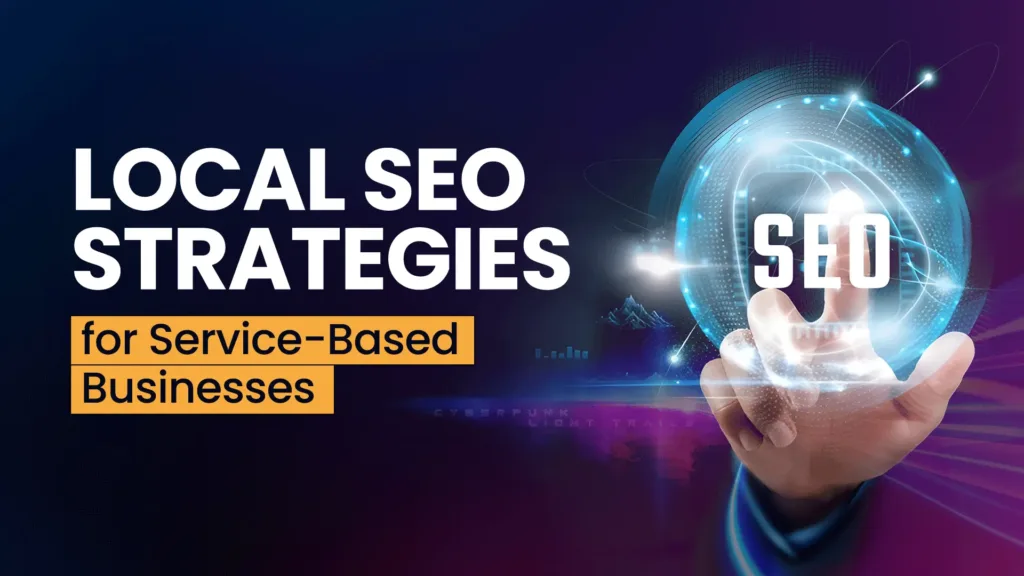
Successfully implementing local SEO involves a mix of technical optimization, content creation, and reputation management. Below are some proven strategies:
1. Claim and Optimize Your Google Business Profile
-
Fill out every section accurately.
-
Upload high-quality photos.
-
Post updates and promotions regularly.
-
Choose the right categories and services.
-
Encourage and respond to reviews.
2. Ensure Consistent NAP Information
Use tools like Moz Local, Yext, or Bright Local to manage your business listings across various platforms and ensure NAP consistency.
3. Create Location-Based Content
Develop blog posts, FAQs, and landing pages tailored to your service areas. Examples:
-
“Top 10 Things to Do Near Our Café in Downtown LA”
-
“Why We’re the Best Plumbers in Tampa Bay”
4. Encourage Online Reviews
Ask happy customers to leave reviews on your GBP, Yelp, Facebook, and other platforms. Make the process easy by sending direct links and providing clear instructions.
5. Use Schema Markup
Add Local Business schema to your website’s code to help search engines understand your business information. This can improve your chances of appearing in rich results.
6. Engage in Local Link Building
Partner with local businesses, charities, and news outlets for backlinks. This strengthens your domain authority and improves local rankings.
7. Track and Measure Performance
Use tools like Google Analytics, Google Search Console, and GBP Insights to monitor your local SEO performance. Track metrics like:
-
Local pack impressions
-
Click-through rates
-
Calls and direction requests
-
Website visits from local searches
Challenges in Local SEO
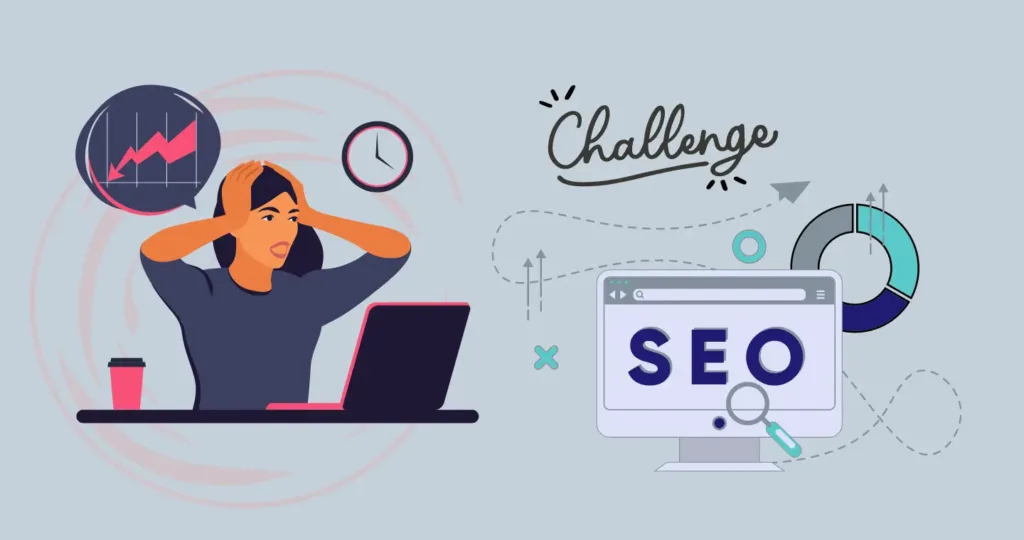
While local SEO is highly effective, it is not without its local SEO challenges:
-
Constant Algorithm Changes: Search engines frequently update their algorithms, which can affect local rankings.
-
Fake Reviews and Spam: Competitors or bots may leave fake reviews to harm your reputation.
-
High Competition in Dense Markets: In metropolitan areas, standing out among hundreds of local businesses can be tough.
-
Time and Resource Intensive: Properly managing listings, gathering reviews, and creating content takes time and effort.
However, with the right strategy and consistent effort, these challenges can be overcome.
The Future of Local SEO

As search behavior continues to evolve, the importance of local SEO will only grow. Voice search, for example, is increasingly used for local queries (“Where is the nearest gas station?”). Similarly, augmented reality (AR) and hyper-personalized ads are beginning to influence local commerce.
To stay competitive, businesses must stay updated with trends, embrace new technologies, and continuously optimize their online presence. Investing in local SEO today means setting up a sustainable, long-term growth engine for tomorrow.
Conclusion
In conclusion, local SEO is no longer optional for location-based businesses—it is essential. From helping potential customers find your storefront to enhancing your brand’s credibility, Local SEO bridges the gap between online discovery and offline action. It empowers small businesses to compete with larger brands by tapping into the most relevant audience: people who are nearby and ready to buy. By implementing a strategic local SEO plan, businesses can not only boost visibility and traffic but also build a lasting relationship with their community.
Importance of local SEO for location-based businesses, contact to know 9312555405

